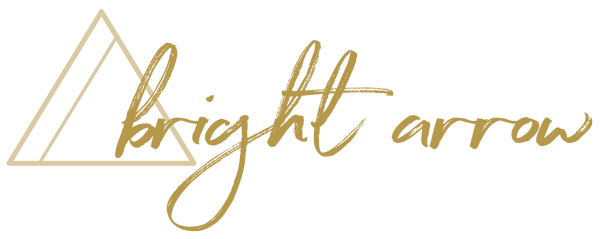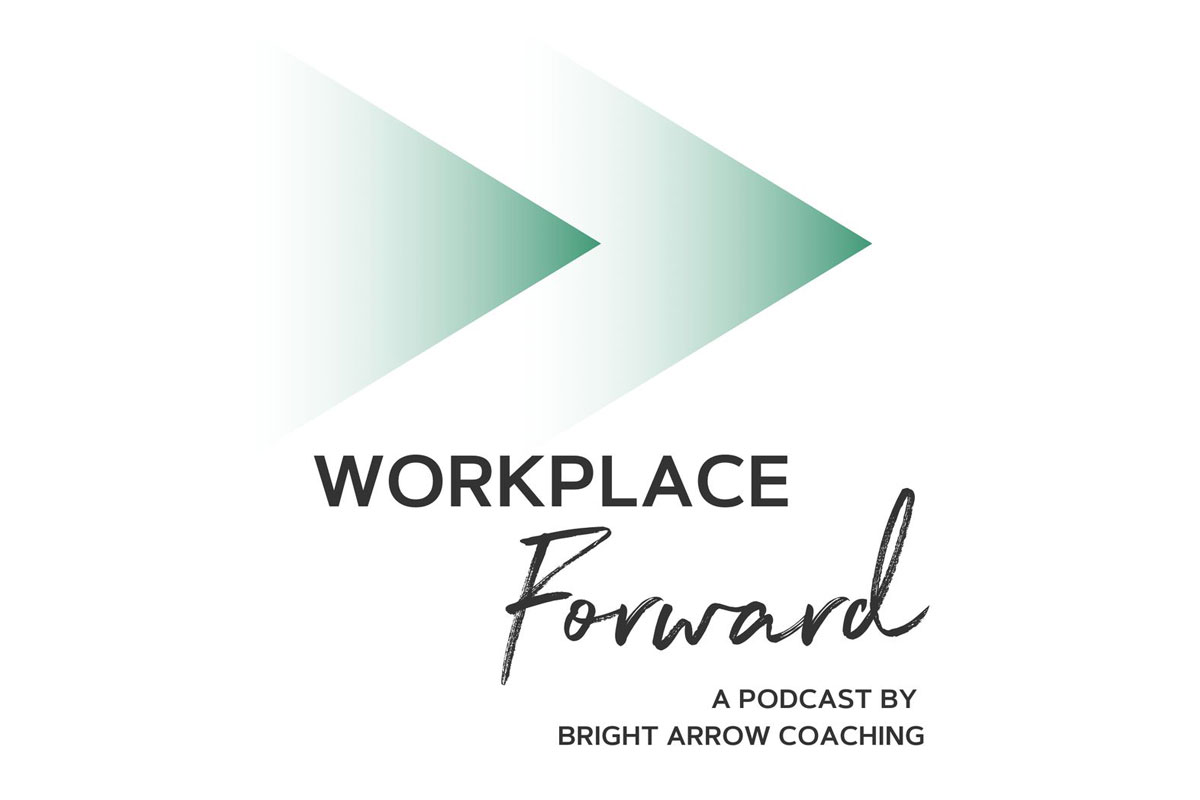The “coaching approach” is hot right now in the executive world, specifically for HR professionals who are commonly looked to for coaching and consultation regarding talent and business decisions.
The intention of coaching, at a high level, is to empower others to rise to their greatest level of capability and find their own answers. This is also the intention of taking a coaching approach.
What is a coaching approach?
A coaching approach does not require us to fully take on the role of a coach with all of its trappings: role clarity, application of expert coaching skills, confidentiality, a development plan or coaching goals, etc. Instead, we simply adopt the mindset of a coach and frame our conversation through the lens of:
• What does the stakeholder want and need from me?
• How can I (the HR professional) set aside my own agenda and be fully present with my stakeholder?
• How can they get from point A to B?
• What can they learn from this experience (personally and professionally) as they go?
• How can I challenge and support them at the same time?
The coaching approach isn’t right for every conversation—at least, not as the primary approach. It is up to the HR professional to know when they must mitigate risk for the organization (and therefore, when they need to be prescriptive). Often, it is truly the stakeholder’s risk to take on their own. We just need to relinquish a little control—perhaps also the need to be right—and let them have their own experiences.
Why is the coaching approach so hot right now?
The coaching approach is highly coveted because the war for internal power is becoming outmoded. Employees and leaders alike highly value authenticity in their partners and appreciate the opportunity to find their own answers as often as possible. Innovation comes from creating space for people to think and ideate. Otherwise, your organization is only as good as the person handing out instructions to your people.
In HR, we are working hard to shake the stereotype of being the controlling, risk-averse “personnel” leaders — for good reason. Many of us fit that bill and have been taught to see through a rather singular lens.
There is so much opportunity before us in the HR industry. With some upskilling, strategic conversations with business partners and a highly intentional mindset about who we want to be for our business leaders, we are becoming highly sought-after confidants and advisors. When we relinquish the need to be in control and prove our savvy and we work hard to help our business leaders shine, we become the irreplaceable secret weapons. We may not take center stage, but most people join the HR profession knowing that center stage is not usually where our seats are.
How do we shift to a coaching approach?
I’ve had the pleasure of watching the shift occur many times for both business and HR leaders. At Bright Arrow, we help leaders develop coaching skills, and Carrie is my favorite success story so far.
Carrie sought me out for executive coaching. At the time, she was the vice president of HR and talent development for her organization—the most senior HR role in the company. The company was poised for hyper-growth, and she knew that in order for the company’s headcount to double in size over the next three years, HR needed a seat at the executive table. So, we made it one of her coaching goals to build the business case for that and to be viewed as the eventual holder of this seat.
Carrie was a refined leader when I met her. She had a robust HR acumen and truly knew the business and the broader industry. She kept her nose clean when it came to situations that didn’t warrant her expertise or energy. The single greatest shift she made was to intentionally take a coaching approach more often, especially when behind closed doors with executive leaders.
Over the six months we worked together, I watched as the tone of what she was asked to consult on changed. She went from being the last person called when business decisions were made and they needed to check boxes on talent and other compliance issues to being one of the first people they would call because she helped them think bigger and brainstorm harder. Most importantly, she stayed unattached to their ultimate decisions (unless it was a risk mitigation situation for which she needed to stay attached).
As HR leaders, we often miss opportunities to let business leaders shine because we feel depleted from trying to prove our value. As a result, we unconsciously show up on the defensive. The coaching approach rebalances the energy and power in our conversations. It creates space for our stakeholders to feel like the experts they truly are. Likewise, it allows HR leaders to be seen in a much more sophisticated light.
If you’re curious about how to level up your coaching prowess, consider the following:
1. Take a coaching skills course. You could go all-in and become a certified coach or simply take a two-to-three day workshop on workplace coaching.
2. Experience coaching for yourself (with a credentialed executive coach). This is a great business case for your own development. You could experience personal growth through coaching and model what your coach does for you when you work with your stakeholders!
3. The simplest approach is to ask open-ended questions and listen more closely when working with your stakeholders. Move beyond offering solutions as your primary approach and toward empowering them to find their own answers with you.
As you implement changes in your approach, you will find that both possibilities and relationships expand immediately.
This post was originally published on Forbes.
Love this post? For a regular dose of empowerment delivered right to your inbox, sign-up for Bright Arrow Digest here.









